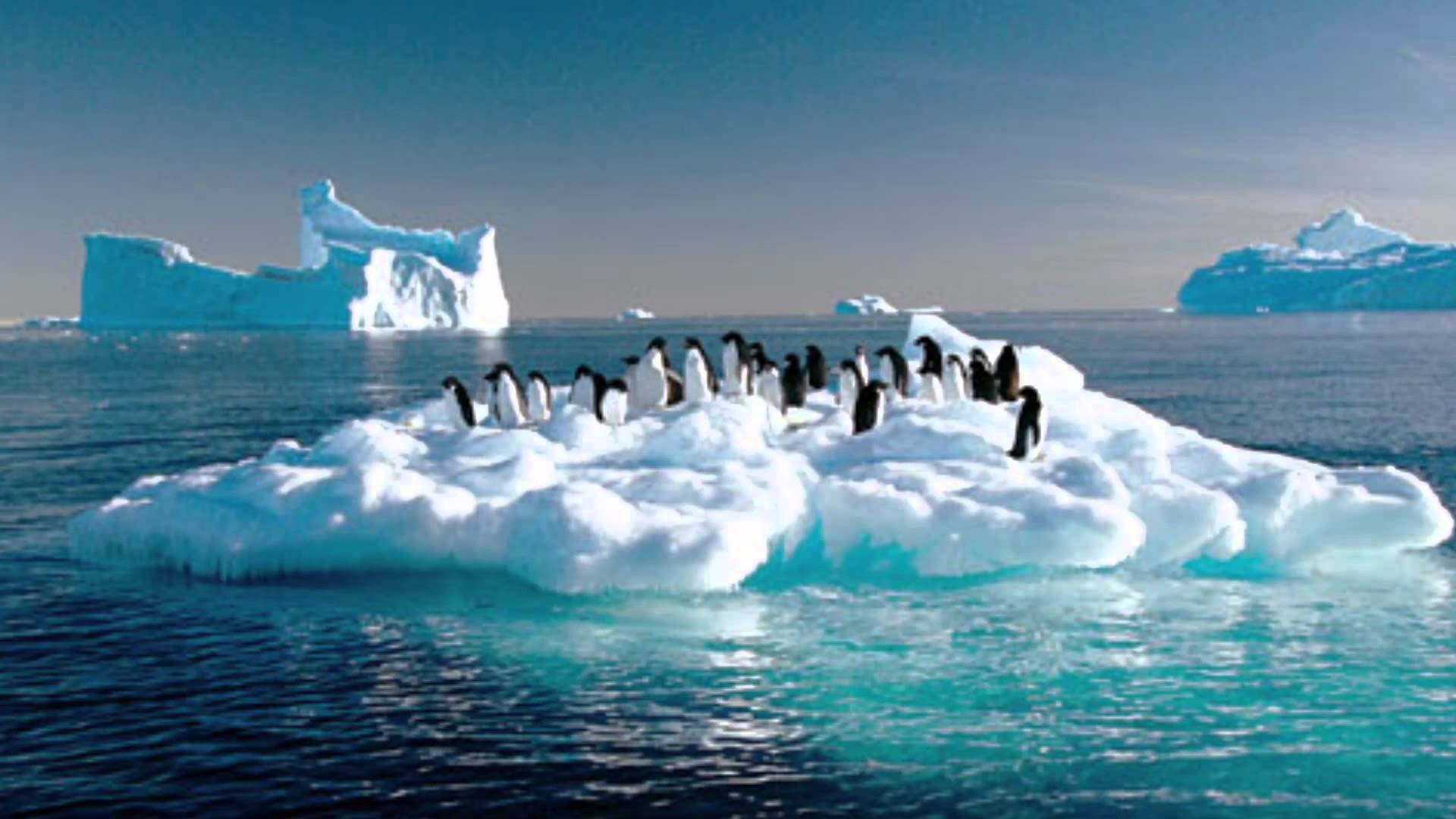“What’s your story?”
These were the words Morgan Curtis spoke to me. A passionate climate advocate who had just biked across parts of the U.S., Canada and Europe, Curtis painstakingly gathered stories along her journey from those whom climate change and pollution affected. She had brought these stories with her to the climate negotiations in Paris this past December. I was with a group of individuals who had gathered for Thanksgiving dinner in a Parisian apartment, a few nights before the start of the U.N. Climate Change Conference negotiations. Many shared personal experiences clouded with government corruption and tarnished with disillusionment. However, they all shared a common cause: to represent a new generation dedicated to fighting for climate justice. And as they spoke, I realized my story was the same.
I had arrived in Paris out of curiosity, recognizing that climate change is one of the most talked about issues of our generation, and yet seemingly still controversial. With two years toward an atmospheric and oceanic science degree under my belt, I had developed a concrete scientific understanding of climate change, but lacked a call to action. It was in Paris where I heeded that call, realizing there is so much more to climate change than just those two simple words. There are thousands of untold stories, unfortunately drowned out by corporate greed and political charades.
The year 2015 was the hottest year on record, and was nearly a full degree Celsius above pre-industrial levels, already halfway to the two-degree target set in the Paris Agreement. This is the global threshold that would mitigate the most severe climate impacts from becoming a reality. However, nations around the world are already facing climate impacts such as food shortages as droughts become more intense and water resources evaporate at a faster rate in a warmer environment. The reality is, we have already altered our climate, and it is our responsibility to assist those dealing with the most dire impacts.
I recognize that there are thousands of individuals who did not have the privilege to travel to Paris, or even the opportunity to voice their concerns to their local government or campus newspaper. I fight for a cleaner future on behalf of these individuals, those who do not get to choose their future. Small island states, like Barbados, historically have had very low amounts of carbon emissions, yet are the most vulnerable to climate change impacts. How can this be justified? How can our society bring these issues into the spotlight? And how can we fix them?
I firmly believe that the science is not enough. Although I am an atmospheric and oceanic science major, I recognize that science is only half of the story; statistics and predictions fail to encapsulate the injustices suffered because of a changing climate. The photographs, interviews and livelihoods of those facing the negative consequences are the other half. Communication is the key to science’s lock. Without a story, there is no audience.
I am a scientist, but I am also a storyteller.



